$239 exc. VAT
The LEGEND 970 adopts the latest generation PCIe Gen5 x4 transmission interface and complies with the NVMe 2.0 standard
to provide amazing read and write capabilities. The LEGEND 970 is also compatible
with the latest Intel and AMD platforms. In both dynamic and static output, it always provides full performance.
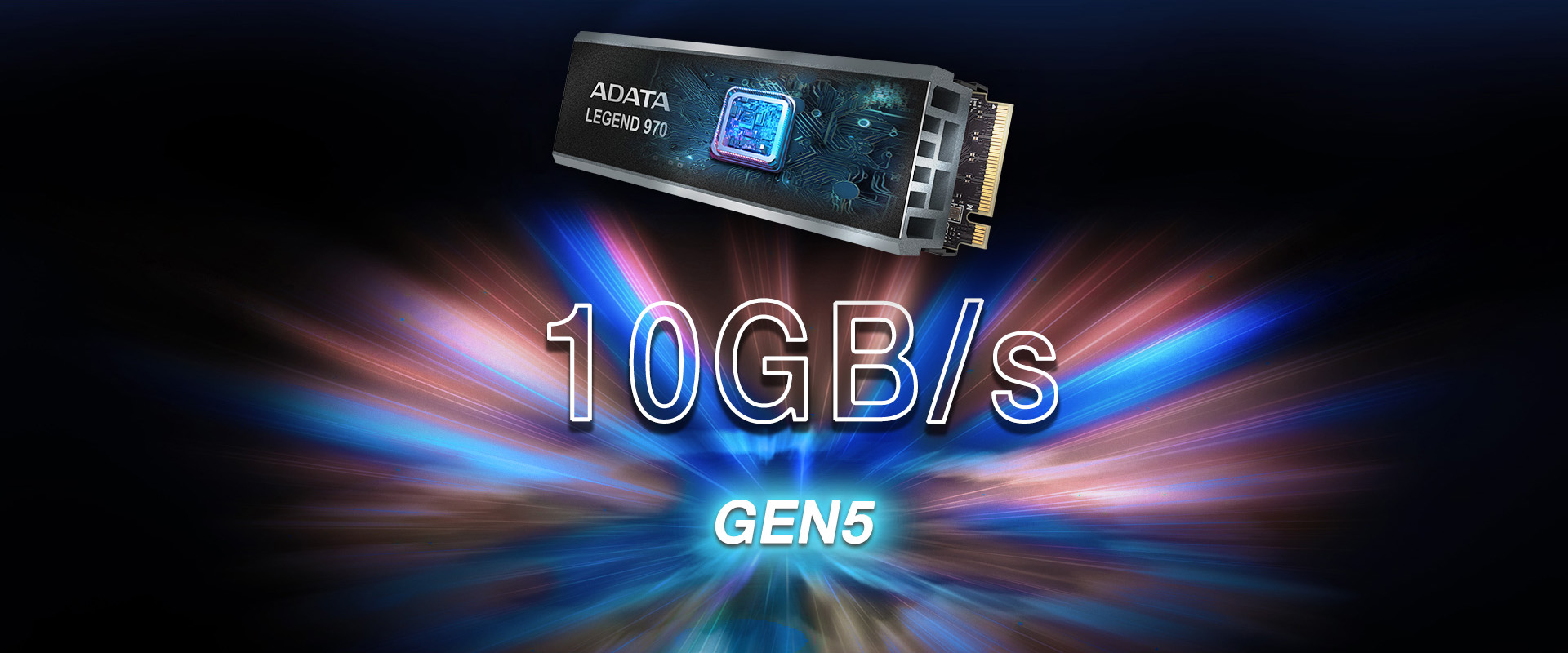
Complete all tasks in moments. The LEGEND 970 has a sequential read/write speed of 10,000/10,000 MB per second,
twice the speed of PCIe Gen4 SSDs and 6x faster than Gen3 SSDs, and is fully compatible with PCIe 4.0 and 3.0 platforms.
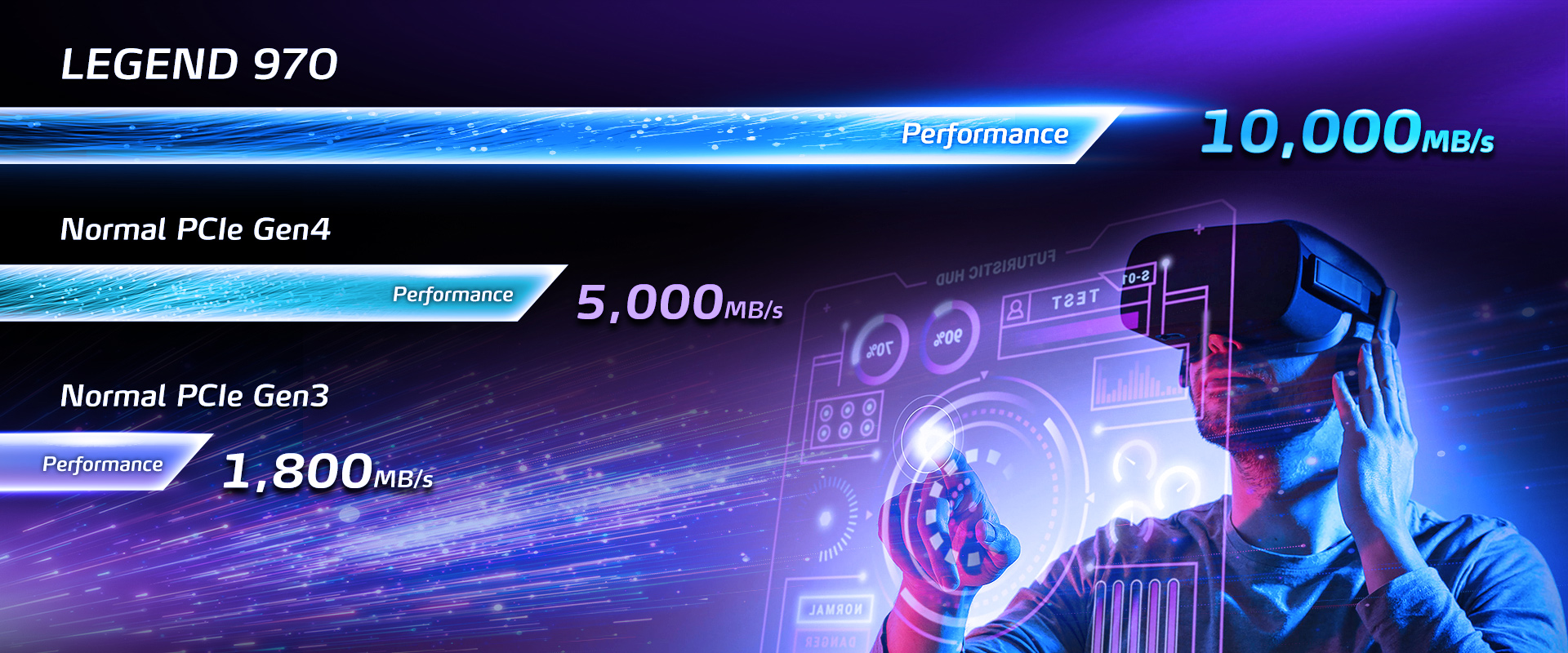
When high efficiency is required, leave it to the professionals! The LEGEND 970 adopts double-layer
extruded aluminum fins to create a dense air duct that diverts hot and cold air. When heat is conducted upwards,
an integrated micro fan is responsible for eliminating the thermal energy. This unique “active heat dissipation” design
provides significantly cooler temperatures than a fanless heatsink by 10%².
1The heatsink for this product is pre-installed. Before using this product, please consider the installation space and confirm if your motherboard is supplied with an M.2 heatsink (refer to the manufacturer’s board manual). If you have it, please remove it first and then install this product with your supplied heatsink.
2This product comes with a fan connected to the SATA cable, which requires an additional power connection to activate the active cooling effect
3Heat dissipation data is based on in-house lab test conditions and actual figures may vary due to hardware, software, and personal test environments
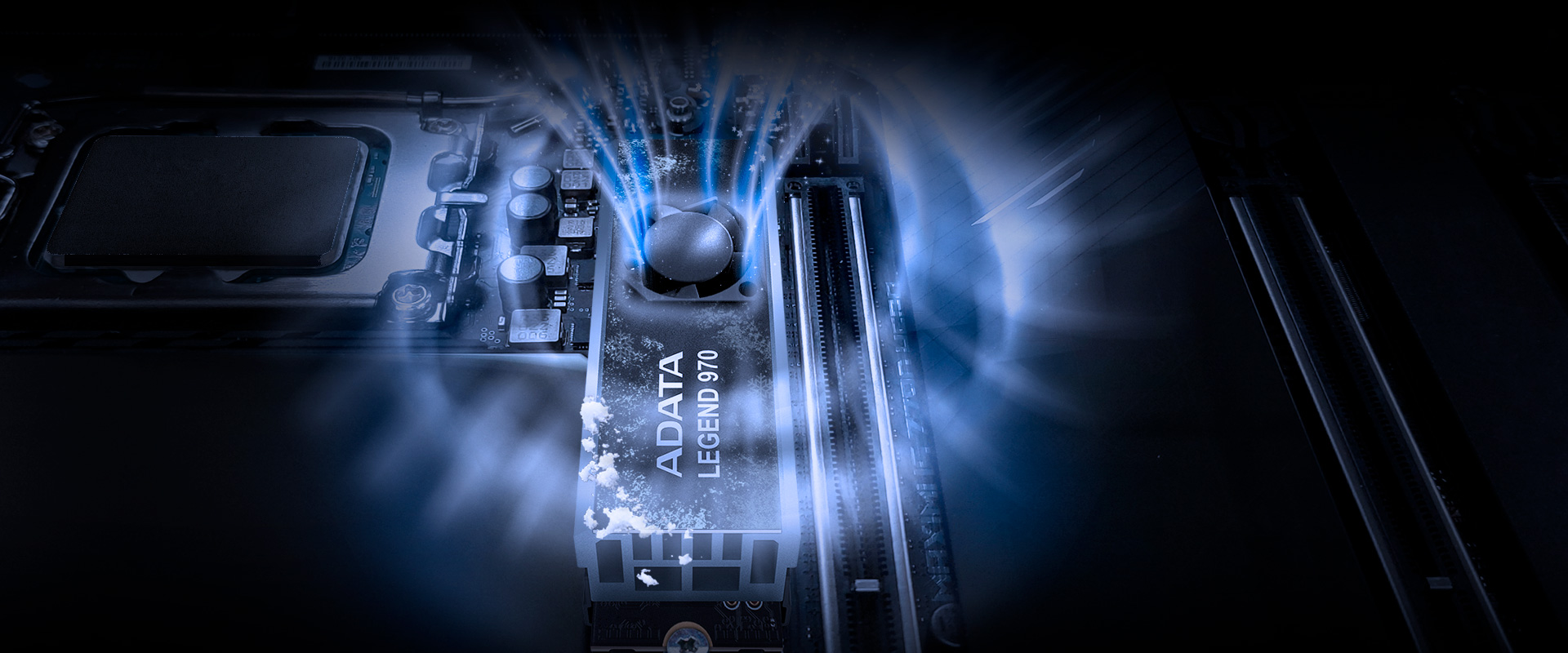
LEGEND 970’s aluminum alloy fins have been treated with surface crystallization,
which uses its physical properties to increase the total area of contact with air and maximize the effectiveness of your air cooling system.
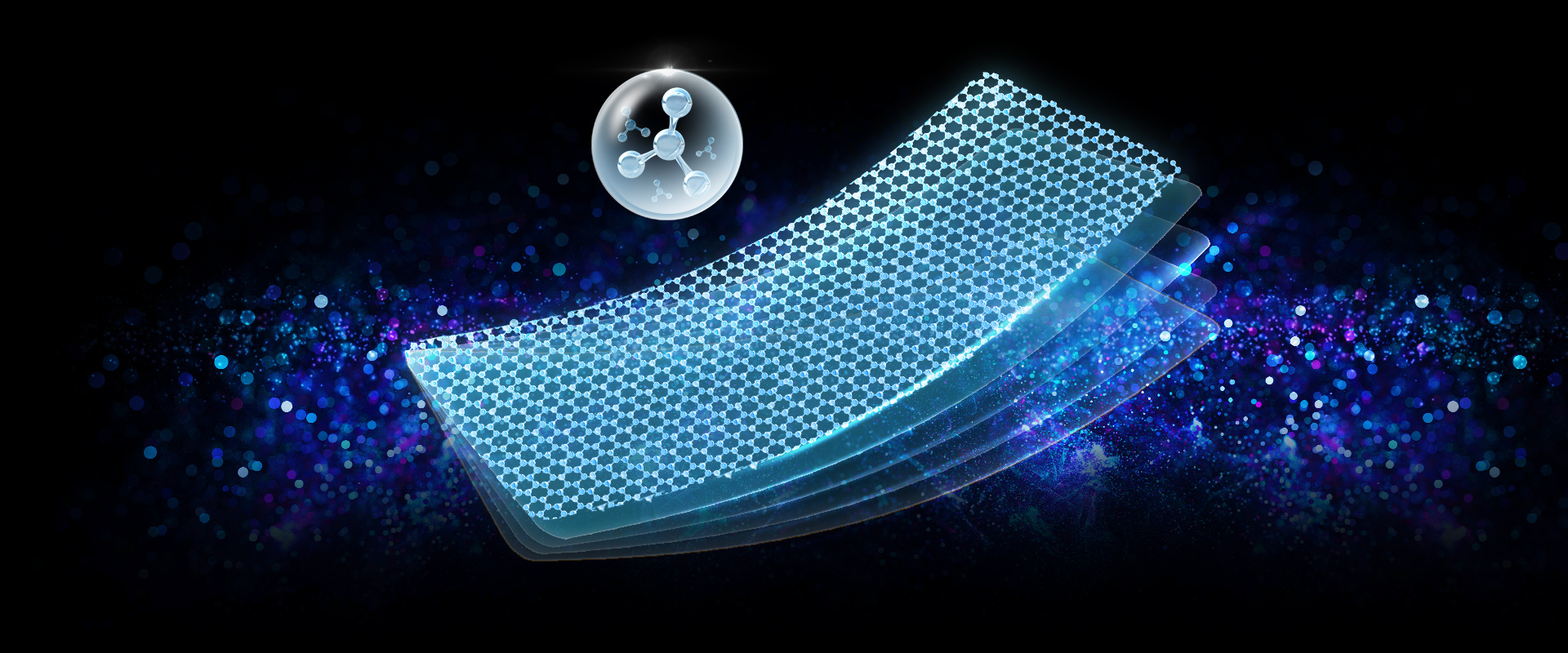
How does active cooling work? Active cooling works by using a tightly bonded
heat dissipation pad and metal heat sink to transfer heat from SSDs. The double-layered aluminum fins help facilitate the heat transfer process.
In addition, a built-in fan pulls cool air out of the nameplate openings and directs it toward the aluminum fins.
Hot and cold air meet, and the rotation of the fan quickly expels heat from both sides of the aluminum fins.
This design provides superior heat dissipation than fanless heatsinks.
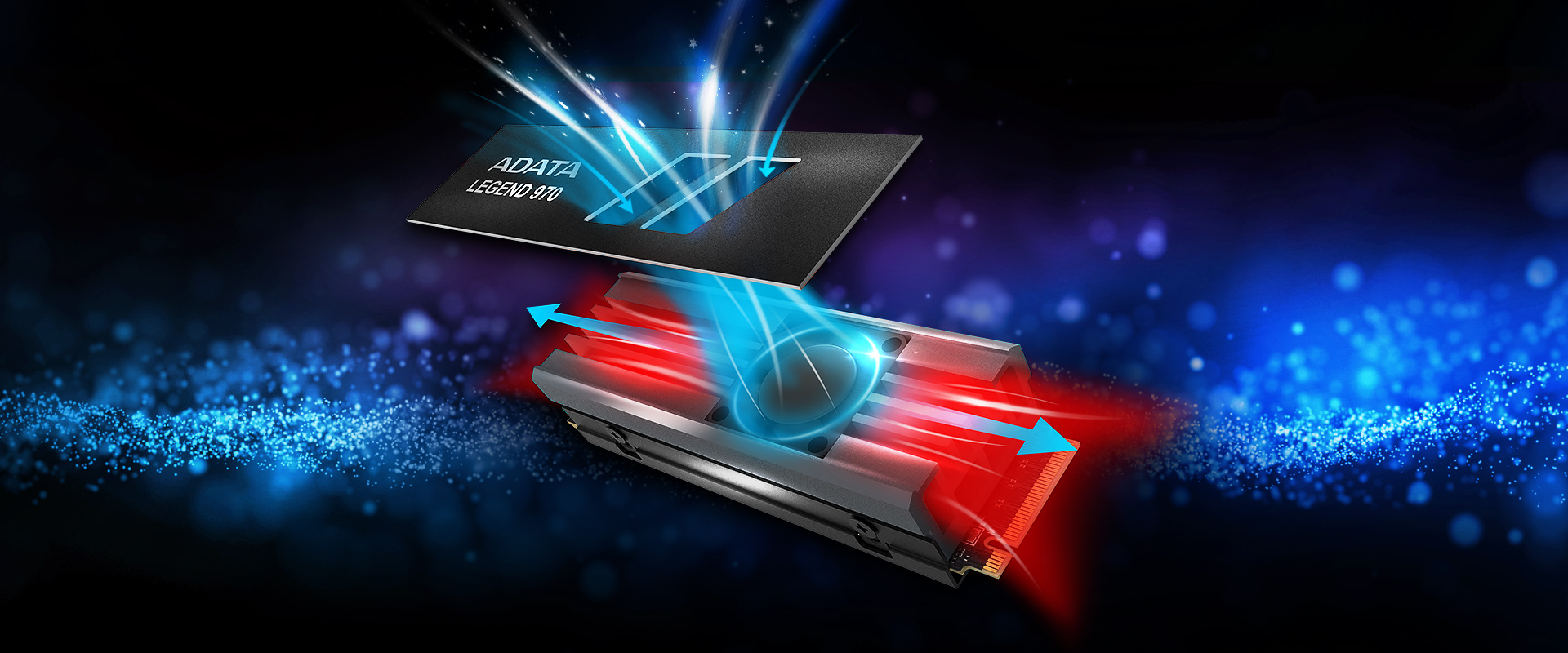
High-Quality Memory Components
The strict selection of 232-layer 3D flash memory provides the LEGEND 970 with a capacity of up to 2000 GB
and uses a variety of data protection and correction technologies to increase total bytes written
(TBW) and durability to meet various high-load requirements.

The LEGEND 970 has the benefits of an SLC cache algorithm and DRAM cache buffer, while also having
4K random read/write IOPS of up to 1,400K/1,400K, further improving the efficiency of multi-file processing.
The LEGEND 970 also adopts an LDPC (Low Density Parity Check Code)
error correction mechanism and AES 256-bit high-level encryption technology to ensure the accuracy of data transmission and the security of files.
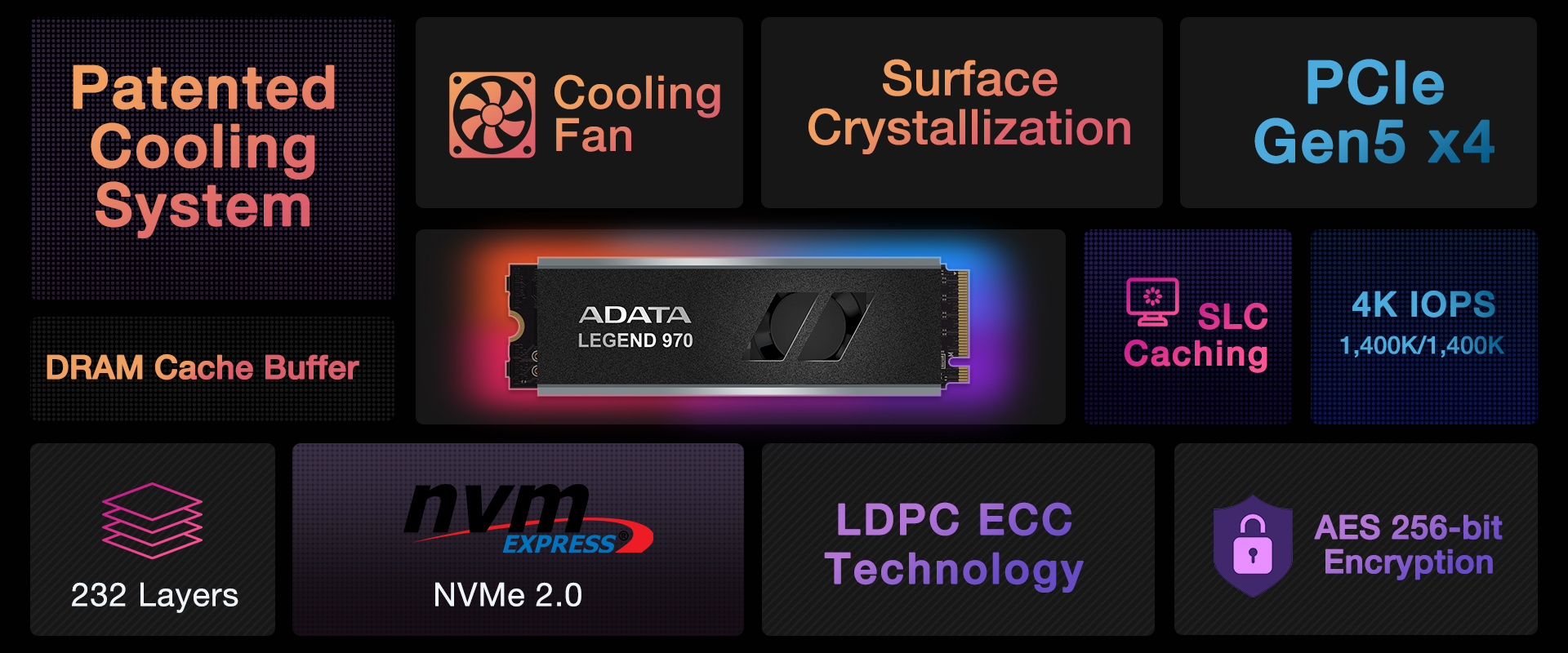
SSD Toolbox ensures users use the latest firmware version for best performance
and employs Self-Monitoring, Analysis, and Reporting (S.M.A.R.T.) technology
to understand the health and remaining life of SSDs, as well as current operating temperature
and storage capacity. so users can track the status of SSDs at any time.
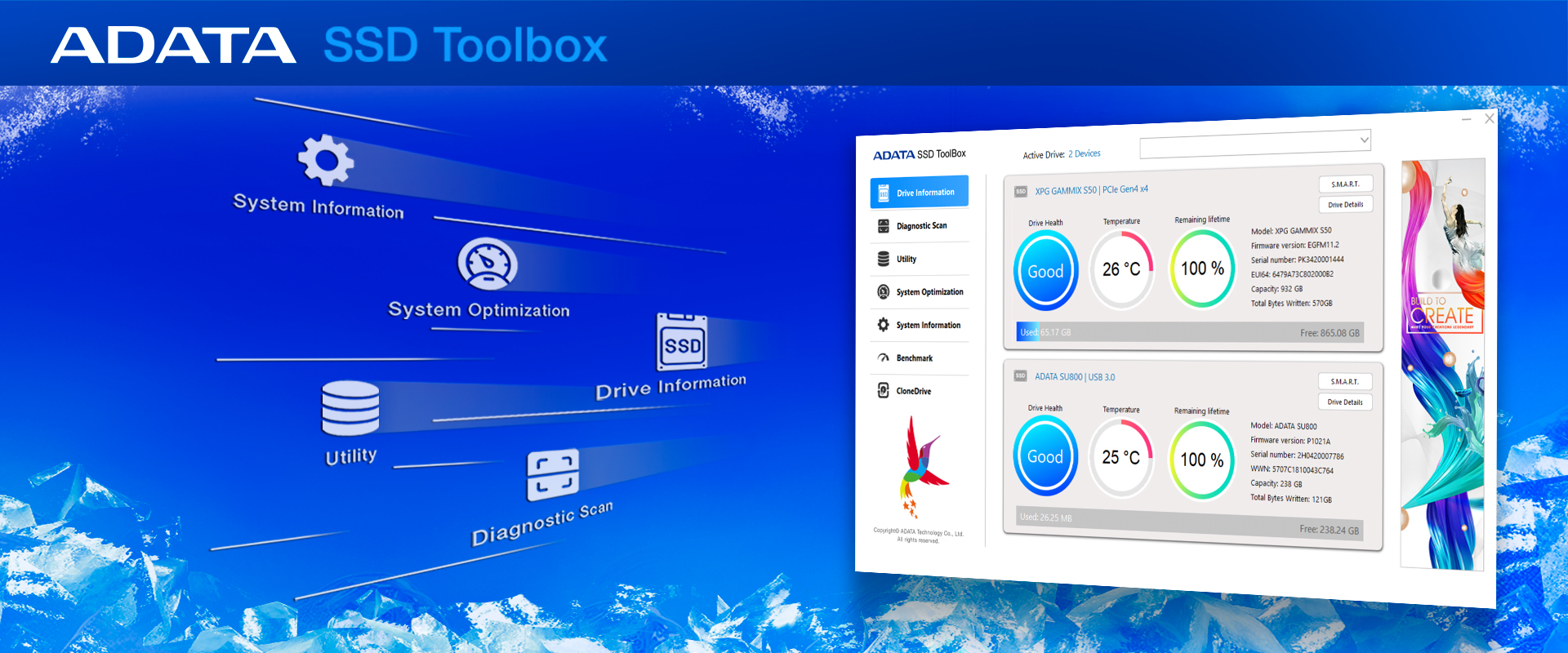
Capacity – 2000GB
M.2 Form Factor – 2280
NAND 3D NAND
Flash Phison PS5026 E26
Controller Dimensions (L x W x H) 80.6 x 24.2 x 17.9mm / 3.17 x 0.95 x 0.7 inches
Weight 57.1g / 2.01oz
PCIe Gen5 x4
Interface Sequential Read (Max) Up to 10,000MB/s*
Sequential Write (Max) Up to 10,000MB/s* 4KB Random Read
IOPS (Max) Up to 1,400K*
4KB (max) random write IOPS: Up to 1,400K* Operating temperature:
0°C – 70°C
Storage temperature: -40°C – 85°C
Shock resistance: 1,500G/0.5ms,
MTBF: 1600,000 hours
Terabytes written (TBW): 1,400TB**